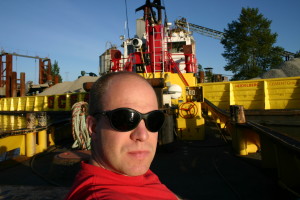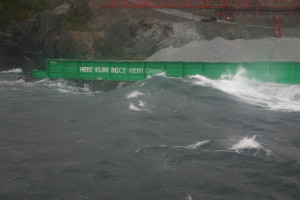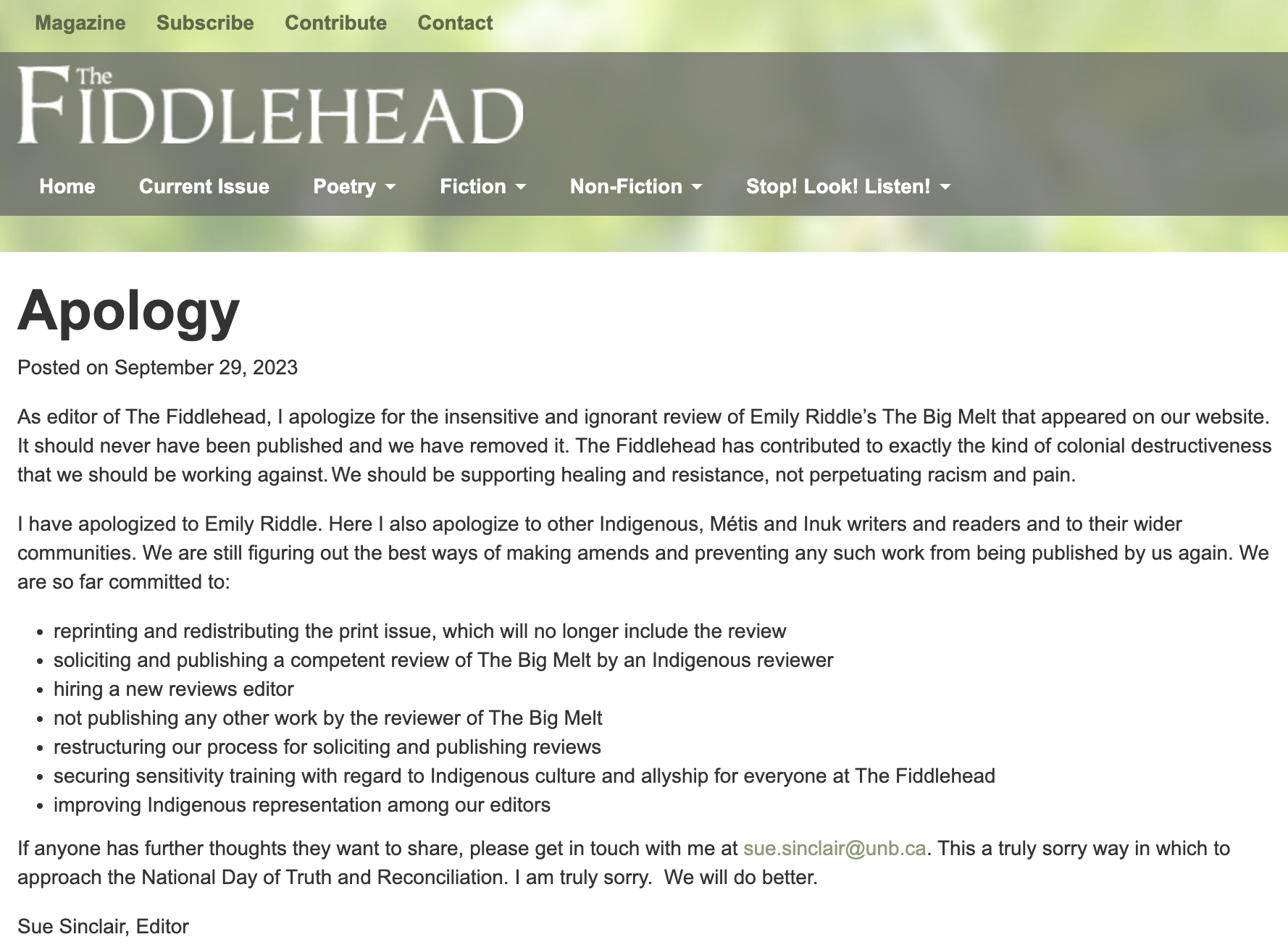 If I could choose between a curt “no” and a lengthy rejection, it wouldn’t be an easy choice. With no information, I can make up my own explanation for why something was rejected. When it’s laid out in great detail, there’s no way to avoid the occasionally baffling or infuriating reasons for rejection.
If I could choose between a curt “no” and a lengthy rejection, it wouldn’t be an easy choice. With no information, I can make up my own explanation for why something was rejected. When it’s laid out in great detail, there’s no way to avoid the occasionally baffling or infuriating reasons for rejection.
Linda’s analysis of my not-ready-for-prime-time novel was not a fun read, but it accurately hit a number of points that I’ll have to address if I’m ever going to get it together as a novelist. I consider my short stories to be concise and focused, but as Linda said, when it comes to this novel, “there is a lot going on, but nothing much happens.”
Six years after I had abandoned the novel, I read through it again and found it had not aged well. For a guy who prides himself on quality control, I was disappointed to realize it was released before it was ready. As an admittedly weak defense, the novel was completed under some time pressure. I was excited about the possibility of publishing my novel with a major house, and that excitement overrode my usual process of a ridiculous number of revisions in conjunction with an aging process.
 The intended point of this post, buried in the fourth paragraph, is not about rejection or novels released too early. This post is belated thanks to Linda Field, the editor who made some space for me in her time-pressured environment and told me things I needed to hear about this novel and others I might write. On November 13, the novel had already been rejected, and there was nothing to be gained by Linda or Arsenal Pulp in her decision to provide a lengthy explanation, but she did it anyway. This is one hopeful theme that keeps popping up in my life: people trying harder than they need to and producing work that’s better than it needs to be. There was no immediate benefit to her, but waves of good karma still radiate outwards eight years later.
The intended point of this post, buried in the fourth paragraph, is not about rejection or novels released too early. This post is belated thanks to Linda Field, the editor who made some space for me in her time-pressured environment and told me things I needed to hear about this novel and others I might write. On November 13, the novel had already been rejected, and there was nothing to be gained by Linda or Arsenal Pulp in her decision to provide a lengthy explanation, but she did it anyway. This is one hopeful theme that keeps popping up in my life: people trying harder than they need to and producing work that’s better than it needs to be. There was no immediate benefit to her, but waves of good karma still radiate outwards eight years later.
13 Nov/ 09
Dear Mr. Martens:
Thanks very much for giving us the opportunity to consider an excerpt from your novel titled The Towboater. Regrettably, we are not requesting to see the rest in its present form.
We were quite excited when we read the description of the story in the first paragraph of your covering letter. In particular: “…based on seven years experience on West Coast towboats.” and “Few would believe what goes on in this rough, dirty, blue-collar world.” got us going.
We expected that we would be immediately thrust into the thick of things (pardon the pun; sometimes we’re just too lazy to think much), but instead… We just don’t find the ‘back story,’ of the main character’s youthful experiences and thoughts, all that interesting. (Yes, his brother’s drowning is important, but that can be brought in later on through flashbacks or dialogue with other crew members…)
So, in approximately the first quarter of the novel, we are not as impressed or compelled to continue reading as we’d like to be. There is a lot going on, but nothing much happens. We would like to get to the excitement, the actual experience of working on the tugs or towboats a lot sooner, preferably immediately. We need more of the main character as an adult, and more action a lot sooner. Of course, the rest of the novel may be much more compelling, and if that’s the case, we wonder if the story would work better if you were to condense or edit out the first forty-five or so pages and perhaps expand the rest a little?
In any case, there is a kernel of something very good here: most people enjoy good tales about boats (any kind) on the water (any kind), and with the added twist of yours being ‘working’ as opposed to pleasure boats, well…
Sorry we can’t be more positive.
Thanks again. And we wish you the best with it.
Linda Field
for Arsenal PULP




Leave A Comment